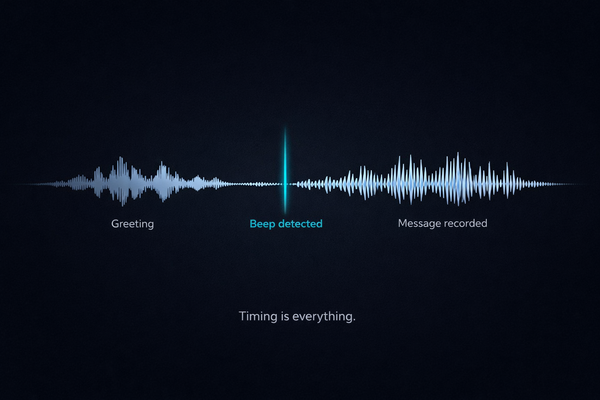[AI Digest] Self-Evolving Agents Transform Customer Experience
![[AI Digest] Self-Evolving Agents Transform Customer Experience](/content/images/size/w1200/2025/07/Daily-AI-Digest.png)
Daily AI Research Update - August 5, 2025
This week's AI research reveals groundbreaking advances in autonomous reasoning, multimodal interaction, and efficient deployment strategies that are reshaping the future of AI-powered customer experience platforms.
📌 A Survey of Self-Evolving Agents: On Path to Artificial Super Intelligence
Description: Comprehensive survey on self-evolving AI agents that can autonomously improve their capabilities through iterative learning cycles, moving beyond static models to dynamic systems that adapt through experience.
Category: Chat, Web agents
Why it matters: This research outlines methods for creating AI agents that continuously improve customer interactions without constant retraining. The framework for memory evolution and tool creation could enable customer service agents to learn from interactions and develop new capabilities autonomously.
📌 Agentic Reinforced Policy Optimization
Description: Novel reinforcement learning algorithm (ARPO) specifically designed for multi-turn LLM-based agents, achieving superior performance with 50% less tool-use budget through entropy-based adaptive exploration.
Category: Chat, Web agents
Why it matters: Directly applicable to multi-turn customer conversations, ARPO's efficiency gains and improved handling of tool interactions could significantly reduce operational costs while improving agent performance in complex support scenarios.
📌 Phi-Ground Tech Report: Advancing Perception in GUI Grounding
Description: Microsoft's breakthrough in GUI grounding achieving state-of-the-art performance in translating high-level instructions into precise mouse clicks and keyboard inputs, with accuracy improvements from 65% to over 90%.
Category: Web agents
Why it matters: Essential for web agents that need to navigate customer interfaces. The two-stage approach (planning + localization) and massive training dataset methodology could dramatically improve web-based customer assistance capabilities.
📌 Falcon-H1: A Family of Hybrid-Head Language Models
Description: Novel hybrid architecture combining transformer attention with State Space Models (SSMs) in parallel, achieving 70B model performance with 34B parameters and 8x faster inference for long contexts.
Category: Chat, Voice agents
Why it matters: Game-changing for infrastructure costs. The dramatic efficiency improvements in long-context scenarios could enable more sophisticated agents at lower computational costs, particularly important for voice applications requiring real-time responses.
📌 X-Omni: Reinforcement Learning Makes Discrete Autoregressive Image Models Great Again
Description: Breakthrough in unified text and image generation using reinforcement learning to bridge distribution gaps, achieving state-of-the-art performance without complex architectures.
Category: Chat, Web agents
Why it matters: The unified architecture for text and images could enable agents to better understand and generate visual content in customer interactions, such as product demonstrations or visual troubleshooting.
📌 VL-Cogito: Progressive Curriculum Reinforcement Learning
Description: Framework for progressive curriculum reinforcement learning that enhances multimodal reasoning by gradually increasing task complexity, mimicking human-like learning patterns.
Category: Voice, Chat, Web agents
Why it matters: The progressive learning approach could improve agent performance on sophisticated multi-step customer problems across all modalities, enabling more natural and effective problem-solving capabilities.
📌 Rep-MTL: Representation-level Task Saliency for Multi-Task Learning
Description: Novel approach to multi-task learning that operates on shared representation spaces rather than traditional gradient manipulation, achieving superior performance across diverse tasks.
Category: Chat, Voice, Web agents
Why it matters: The representation-centric approach could enable better knowledge sharing between voice, chat, and web agents while maintaining task-specific performance, potentially reducing training costs and improving overall system coherence.
This research roundup supports Anyreach's mission to build emotionally intelligent, visually capable, and memory-aware AI agents for the future of customer experience.




![[AI Digest] Agents Coordinate Plan Deploy Scale](/content/images/size/w600/2025/07/Daily-AI-Digest.png)